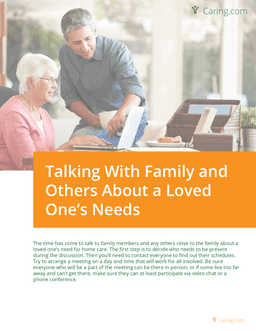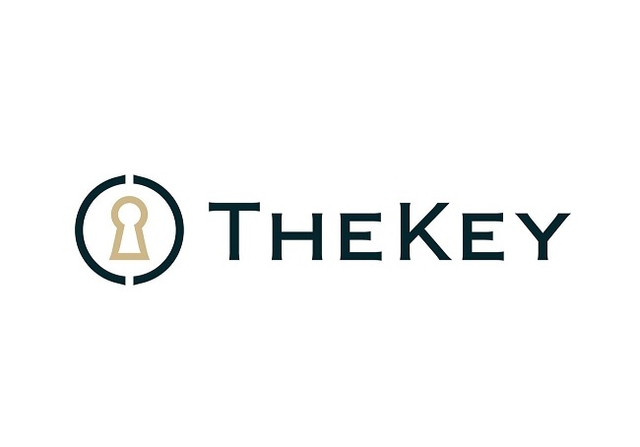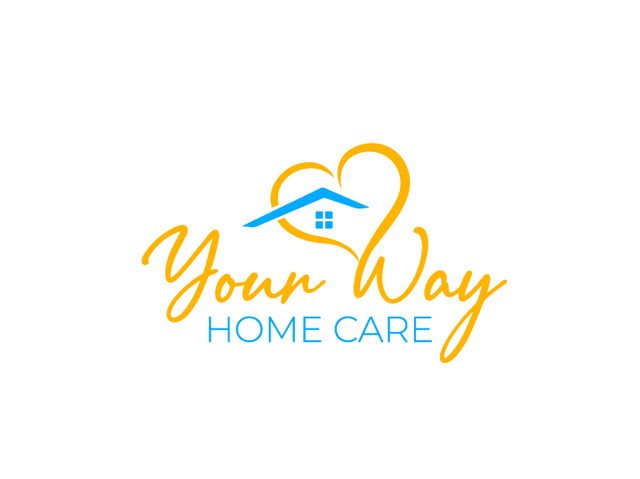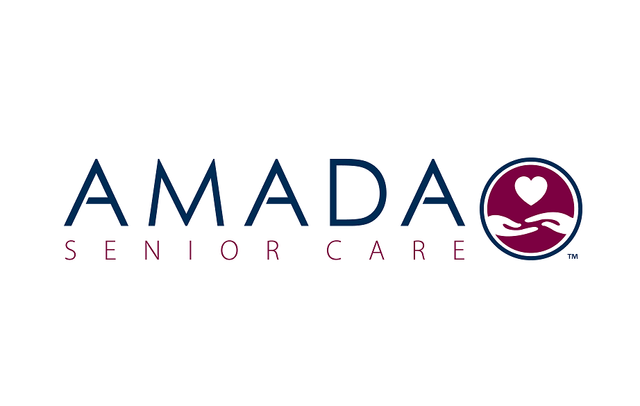The 10 Best Home Care Agencies for Seniors in Folsom, CA for 2024
Small and picturesque, Folsom, California, is an attractive retirement destination that accommodates a growing senior community that represents 12.7% of 81,224 residents. While the city’s proportion of seniors is below the national average of 16.8%, Folsom appeals to older residents thanks to year-long pleasant weather, low crime rates and excellent health care facilities. Notable hospitals include Mercy Hospital of Folsom in the city proper and the nearby Vibra Hospital of Sacramento. Seniors in Folsom pay around $6,292 every month for home care. Home health care, which offers qualified nurses who can provide medical monitoring in addition to personal care, costs the same as home care in Folsom.
Below we’ve compiled a comprehensive directory of every home care provider in the Folsom area – complete with services offered and reviews from families who’ve actually used the service. In addition to our in-depth provider listings, we’ve compiled resources to help seniors and their families to access all the tools they need to age in place safely and gracefully.
Home Care Agencies in Folsom, CA
43 Results
Didn't find what you were looking for?
Caring's Family Advisors are here to help you with questions about senior living and care options.
What you can do with Caring
Paying for Home Care in Folsom, CA
The Cost of Home Care in Folsom, CA
Folsom is one of the costliest areas in California for seniors seeking home care. According to the 2021 Genworth Cost of Care Survey, The city’s average home care rate of $6,292 is above California’s average of $6,101 and substantially higher than the national norm of $4,957. Compared to surrounding cities in the central California region, Folsom has the highest rates. Seniors pay less in Stockton, where the average home care rate is $5,482. Prices in Vallejo, Yuba City and Chico are higher than in Stockton, but still cheaper than in Folsom.
Folsom
$6,292
California
$6,101
The United States
$4,957
Stockton
$5,482
Vallejo
$5,958
Yuba City
$5,895
Chico
$5,720
The Cost of Home Care vs. Other Senior Care Options in Folsom, CA
Home health care includes light medical services, such as administering injections and measuring blood pressure, but costs the same as home care in the region. Assisted living is significantly more affordable than home care at $5,225. Adult day health care is even more cost-effective, but seniors who opt for this option must commute. At $10,646, nursing homes are for older those who need the highest level of care.
Home Care
$6,292
Home Health Care
$6,292
Adult Day Health
$2,167
Assisted Living
$5,225
Nursing Home Care (semiprivate room)
$10,646
Note: Data for Folsom was unavailable, so data for the nearest city, Sacramento, was used instead.
Financial Assistance for Home Care in Folsom, CA
Given the high cost of in-home care, many people use one or more forms of financial assistance to cover the expenses. Below, we explain some of the most common sources of financial help for paying for in-home care. If none of these options are available to you, you can reach out to your Area Agency on Aging or Aging and Disability Resource Center to learn about local resources.
- Long-Term Care Insurance: Long-Term Care Insurance covers expenses related to senior care, including in-home care. Depending on the policy type, beneficiaries may receive a cash payment to use towards long-term care or reimbursement for qualifying long-term care expenses. Note that there are limitations- typically a maximum benefit of $150 per day- and exact coverage terms vary depending on the exact policy, so always check the details.
- Medicare: Medicare does not cover in-home care because it is classified as custodial, or non-medical, care. However, some Medicare Advantage and Medicare Supplement plans, which offer expanded benefits, may cover in-home custodial care.
- Medicaid: Medicaid coverage of in-home care varies between different states because it is not a federally mandated benefit. Currently, all states cover some in-home care either through their standard Medicaid or a waiver program. The specific coverage rules are set individually by each state.
- Veterans’ Benefits: The Aid and Attendance benefit is a monthly cash payment that beneficiaries can use to pay for senior care, including in-home care services. To qualify for A&A, Veterans must already receive the VA pension and meet several additional requirements, including needing assistance with the activities of daily living.Contact the Department of Veterans Affairs to learn more.
- Reverse Mortgages: Home Equity Conversion Mortgages (HECMs) are federally insured loans that are available to homeowners age 62 and over. Reverse mortgages allow you to access a portion of your home’s equity in cash, tax free. Many seniors use reverse mortgages to finance their care expenses, including in-home care. Note that although there are no monthly payments due on reverse mortgage loans, borrowers do have to repay the loan once the last surviving homeowner passes away, moves, or sells the home.
Free & Low-Cost Home Care Resources in Folsom, CA
The city of Folsom is served by a few government agencies and independent nonprofits that can assist seniors who wish to remain in their homes for as long as possible. Seniors can get help accessing benefits, paying their bills and keeping their homes healthy living environments.
| Resource | Contact | Service |
|---|---|---|
| Agency on Aging \ Area 4 | (916) 486-1876 | The regional area agency on aging is the first port of call between older adults and available services. Seniors can contact the agency for advice on local resources, financial assistance programs and health promotion classes. The AAA4’s goal is to help older adults maintain their health and independence for as long as possible. |
| Rebuilding Together Sacramento | (916) 455-1880 | Rebuilding Together Sacramento is a home rehabilitation nonprofit that can help low-income older adults receive much-needed maintenance work on their houses. Senior homeowners might qualify for works promoting at-home safety, such as adding grab bars, shower seats and smoke detectors to their properties. |
| Meals on Wheels by ACC | (916) 444-9533 | Meals on Wheels promotes seniors’ independence by ensuring they don’t lack the nutrition they need. Volunteers deliver lunches to older Sacramento County residents aged 60 and above, homebound and unable to cook. Meals on Wheels volunteers also act as friendly visitors who can check on the senior’s welfare. |
| Legal Services of Northern California | (916) 551-2150 | Legal Services of Northern California operates a free legal hotline for older adults. Seniors who need advice on civil topics such as housing, public benefits and consumer topics can arrange to speak to an attorney. The agency provides advice, services and, in some cases, representation. |
| The Home Energy Assistance Program (HEAP) | (916) 567-5200 | This program acts as a safety net for low-income households struggling to stay on top of their energy bills. Eligible older adults can apply for a grant to cover the cost of electric, gas and water bills. Additionally, HEAP offers a crisis assistance program for people in debt with their energy supplier. |
Determining Your Loved One’s Need for In-Home Care
Aging can be a difficult process, and loved ones may not always ask for help – often times it’s up to their family to evaluate their need for help around the house. While no two situations are exactly alike, this checklist can help you and your loved ones determine when it’s time to start the search for a home care provider.
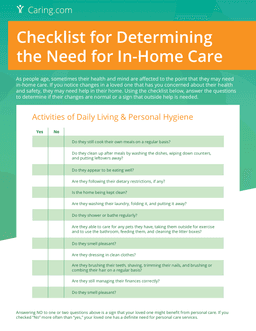

Guidelines for Talking About In-Home Care
If you’ve determined that your loved one needs the assistance of a care provider in their home, it may be time for a difficult conversation. Handled correctly, however, this process can bring a family together and ensure that everyone’s concerns are addressed. Use this PDF as a starting point to help the conversation stay as positive and productive as possible.
